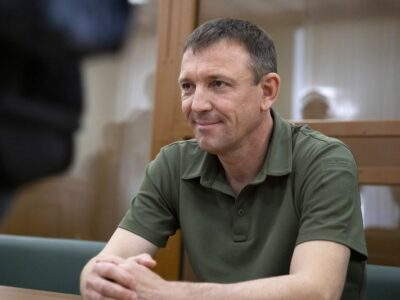
From the WSJ (Investors Plow Into Renewables, but Projects Aren’t Getting Built):
Even as developers plan an unprecedented number of grid-scale wind and solar installations, project construction is plummeting across the U.S.
Despite billions of dollars in federal tax credits up for grabs and investors eager to fund clean energy projects, the pace of development has ground to a crawl and many renewables plans face an uncertain path to completion. Supply-chain snags, long waits to connect to the grid and challenging regulatory and political environments across the country are contributing to the slowdown, analysts and companies say.
New wind installations plunged 77.5% in the third quarter of 2022 versus the same period the year before, according to S&P Global Market Intelligence. New utility-scale solar installations likely fell 40% in 2022 compared with 2021, according to a report from the Solar Energy Industries Association and research firm Wood Mackenzie.
The decline belies enormous demand for renewable projects. The industry is ready to launch a would-be building spree after last year’s spending and climate law, the Inflation Reduction Act, extended and increased tax credits for wind and solar projects and introduced new incentives for green hydrogen and battery storage for the electric grid. The success of the IRA, the Biden administration’s climate targets and many state decarbonization plans hinge on adding massive amounts of renewable energy into the grid.
One problem is that the industry can’t find parts:
Efforts to create a domestic solar supply chain to meet U.S. project demand are expected to take a few years. Meanwhile, panel imports, 80% of which come from Chinese and other Asian makers, have slowed following U.S. legislation aimed at cracking down on labor abuses in China. Several thousand shipping containers of solar panels have been detained by U.S. Customs near ports such as Los Angeles, according to some estimates.
Another problem is that they can’t get connected to the grid:
A bigger unknown is the time and cost to get new batteries or solar or wind farms connected to the grid, as grid operators and interconnecting utilities must study the projects’ likely impact on the power system and any needed network upgrades before signing off on them. …
Grid operators have been overwhelmed by requests, and several are trying to overhaul their processes. There were around 8,100 projects in line in the U.S. in 2021, up from 5,600 in 2020, each requiring a technical review. Interconnection wait times rose to about 3.7 years for projects delivered between 2011 and 2021, up from around 2.1 years for projects built in the decade prior, according to a study last year by Lawrence Berkeley National Laboratory.
And finally, you knew there had to be a NIMBY problem:
Just 23% of the power-generation projects seeking grid connection from 2000 to 2016 were ultimately built. Completion rates were even lower for wind, at 20%, and solar at 16%. Around 19 gigawatts of wind and more than 60 gigawatts of solar were withdrawn from interconnection processes in 2020 and 2021, according to the national lab.
The certainty of securing local permits also varies market by market, even within the same state, along with the willingness of a community to welcome large renewable energy projects, Mr. Rand said.
I’m sure that the U.S. Congress is busy trying to figure all this out, so no worries.








